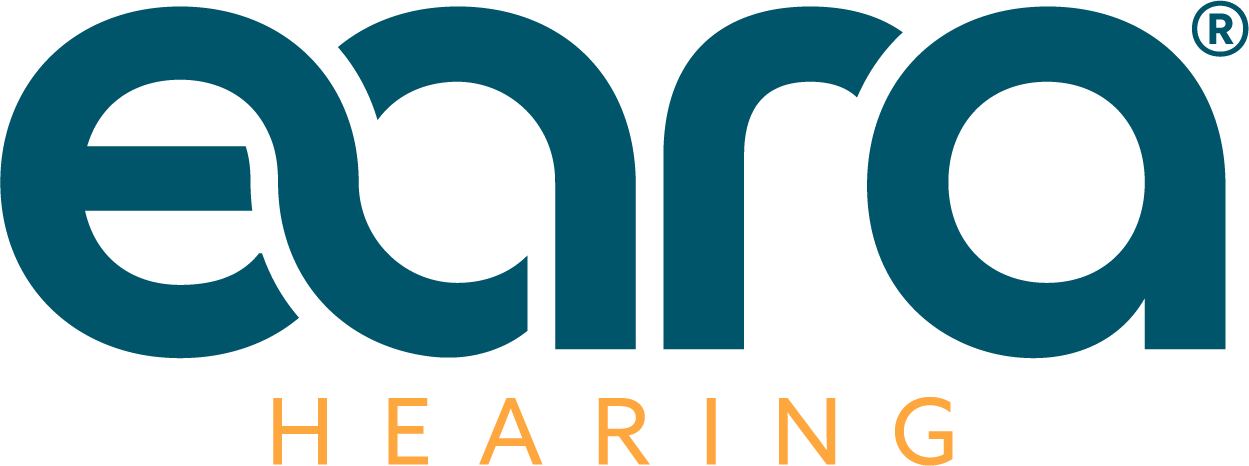When it comes to health, time is often of the essence, and this is particularly true when it comes to hearing issues. Early diagnosis can make a significant difference in how one responds to hearing challenges. Whether it’s aging, genetics, or environmental factors, recognizing hearing problems as early as possible is essential for effective intervention and management. In this article, we will delve into why early diagnosis matters, the signs to look out for, and how Eara can assist with your hearing needs.
Understanding Hearing Loss
Hearing loss can affect individuals of all ages and can have a profound impact on communication, socialization, and overall quality of life. It can come on suddenly or gradually, often making it difficult for people to notice the changes until they become significant. Here are a few critical points to consider about hearing loss:
- Prevalence: An estimated 1 in 8 people in the United States experience hearing loss in both ears, based on data from the National Institute on Deafness and Other Communication Disorders.
- Types of Hearing Loss: While some individuals may experience conductive hearing loss due to outer or middle ear issues, others may suffer from sensorineural hearing loss, often stemming from damage to the inner ear or auditory nerve.
- Impact: The consequences of untreated hearing loss can extend beyond communication challenges; it can lead to feelings of isolation, depression, and even cognitive decline.
Recognizing the Signs of Hearing Loss
Recognizing the early signs of hearing issues can dramatically improve outcomes. Here are some symptoms to be aware of:
Common Indicators
- Difficulty following conversations, especially in noisy environments.
- Constantly asking people to repeat themselves.
- Feeling like others are mumbling or speaking too softly.
- Struggling to hear certain high-pitched sounds, such as birds chirping or a microwave beep.
- Experiencing ear ringing, also known as tinnitus.
If you're experiencing any of these symptoms, it’s crucial to seek professional evaluation as soon as possible. An expert can perform various tests to determine the level and type of hearing loss you may have.
Why Early Diagnosis Matters
Detecting hearing loss early can lead to numerous benefits. Here are a few key reasons why an early diagnosis is essential:
1. Preservation of Communication Skills
When hearing issues are diagnosed and managed early on, it helps to maintain effective communication skills. Delaying intervention may lead to a decline in these skills, which can be challenging to recover.
2. Emotional and Social Well-being
Individuals with undiagnosed hearing loss are at a higher risk of social isolation and emotional distress. Early diagnosis enables timely support and encourages social engagement, thus fostering emotional well-being.
3. Cognitive Health
Studies have shown a strong correlation between untreated hearing loss and cognitive decline. By diagnosing hearing problems early, individuals can avoid potential cognitive complications associated with prolonged auditory deprivation.
4. Reduce the Need for Complex Solutions
Addressing hearing loss early often leads to less complex solutions. For many, using a straightforward hearing aid, such as a Bluetooth hearing aid or rechargeable hearing aid, can greatly enhance their auditory experience. In contrast, waiting too long may result in the need for more complicated interventions.
The Role of Technology in Early Hearing Detection
With advancements in hearing technology, early diagnosis has become easier and more effective than ever before. Here are a few ways technology plays a role:
Screening Programs
Many healthcare providers now employ advanced screening programs that can quickly assess hearing sensitivity. These programs may involve mobile applications or hearing tests conducted in clinical settings, providing results in real-time.
Smart Hearing Aids
Modern hearing aids, such as Bluetooth hearing aids, have transformed the way individuals experience sound. They can be paired with smartphones, allowing seamless communication and streaming from various devices. This technological innovation enables wearers to engage more fully in conversations and activities.
Rechargeable Hearing Aids
Rechargeable hearing aids have become increasingly popular because they eliminate the need for replacing batteries regularly. This convenience encourages consistent use, and when worn consistently, they provide better hearing outcomes. Eara offers solutions that make this transition easy and effective.
Seeking Professional Help
If you suspect you or a loved one may be experiencing hearing difficulties, seeking a professional evaluation should be your next step. Here’s how to find the right help:
1. Find an Audiologist
Consulting with an audiologist is crucial. These professionals are trained to diagnose and manage hearing issues. They will conduct comprehensive hearing tests to determine the extent of hearing loss.
2. Discuss Your Options
Once a diagnosis is made, your audiologist can discuss available options tailored to your specific needs. This might include a variety of hearing aids, including Bluetooth hearing aids or rechargeable hearing aids that can fit your lifestyle.
3. Regular Check-ups
Hearing assessment should not be a one-time procedure. Regular monitoring will enable you to track any changes in hearing and adjust your aids or treatments as necessary.
Supporting Loved Ones with Hearing Loss
Supporting friends or family members dealing with hearing loss can sometimes feel overwhelming. However, your involvement plays a significant role in their journey:
Awareness and Communication
Educating yourself about the challenges of hearing loss can increase your empathy and understanding. Communicate clearly and supportively, and encourage them to seek help without feeling ashamed or embarrassed.
Encourage Action
Encourage your loved ones to act on their symptoms. It’s crucial to remind them that timely diagnosis may lead to better auditory outcomes and improve their daily experiences.
Your Hearing Health Matters
Taking care of your hearing health is as important as caring for your physical health. Early detection can make a critical difference, enabling smoother integration into your everyday life. With the advancements brought by technology and the support from professionals, living well with hearing loss is more achievable than ever.
Remember, ignoring the signs and delaying diagnosis can lead to complex challenges not only in hearing but also in emotional and cognitive health. Whether you are considering investing in a hearing aid or simply seeking information, organizations like Eara are here to provide the answers and products you need to lead a fulfilling life.
Take control of your hearing health today—because when it comes to hearing, there's nothing better than making sounds clearer and your world louder.






















